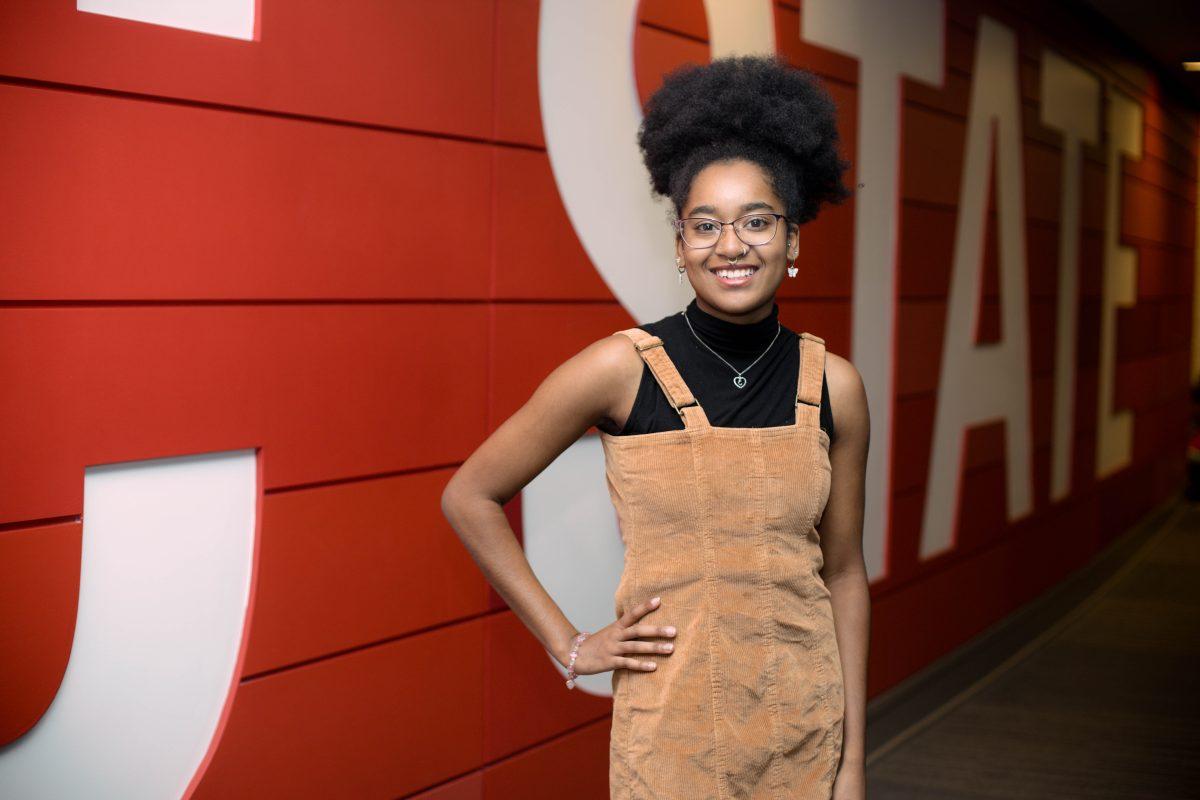It’s no secret that abortion access and reproductive rights are a hot topic among voters and have been the subject of heated debates from both sides of the aisle. This has become even more apparent following the overturn of Roe v. Wade in June 2022 and the succeeding slew of bills finding their way through state legislatures across the nation.
But what does this mean for young people, and more specifically, young people in North Carolina?
A study by the Kinsey Institute states that the most sexually active age group is people between the ages of 18 and 29. This is supported by data collected by KFF, which confirms the majority of people who received legal abortions in 2021 were people between 20 and 29 years old, at a whopping 57%.
As we know, our college-age and young adult years are incredibly crucial in determining what the rest of our lives look like — what careers we pursue, who we may partner with, where we choose to live and what opportunities we are presented with. This makes the decision of whether or not to carry out an unplanned pregnancy a difficult but important one, especially for this particular demographic.
As highlighted by a study published in Perspectives on Sexual and Reproductive Health, young women who became pregnant before age 21 who receive abortions had much better outcomes in education, income, welfare program dependence and domestic violence than those who did not get abortions.
A new 2024 report by Advocates For Youth shows that abortion access and reproductive healthcare are very important to college students and that students would love to see more of these resources on campus — so it’s important to vote for legislation that expands reproductive healthcare rather than letting states continue to restrict it. It’s also important to note that people between 12 and 34 years old are at the highest risk of being victims of rape and sexual assault according to RAINN, and that access to the full range of reproductive care is incredibly crucial for survivors.
In North Carolina, new estimates have shown a significant decrease in legal abortions, with 1,310 fewer abortions being performed in July 2023 compared with June, a drastic shift of 30%, which is the most across all states, with the national average being 7%. This is a direct result of new abortion restrictions implemented July 1, most notably a ban on abortions occurring after 12 weeks’ gestation and an in-person requirement for state-mandated counseling. This is a direct attack on the bodies of many young North Carolinians.
So what can we do about it? It’s simple — vote. Or, at least, it should be that simple. Unfortunately, many young people who are affected by abortion restrictions and bans are not taking advantage of their so-called “civic duty.” According to a report by the Center for Information & Research on Civic Learning and Engagement, CIRCLE, at Tufts University, North Carolinians born from 1981 to 2005 — millennials and Gen Z voters — still have the lowest voter turnout of any generation in North Carolina. This isn’t ideal as it leaves an issue that disproportionately impacts millennials and Gen Z in the hands of other, older people who are often not directly impacted by attacks on abortion access.
Young voters are key in determining political outcomes, especially in N.C., and candidates are aware of this. Conservatives are wary of what’s considered a potentially more progressive group of voters, while proponents of abortion are counting on young people to get to the polls.
So, why aren’t young people voting? CIRCLE claims that it’s a handful of things — but apathy isn’t necessarily one of them. Lack of education in the importance of the vote is one, in addition to logistical barriers like lack of transportation, long lines, no time off from work, confusing absentee ballot requirements that impact out-of-state college students, lack of clear information for formerly incarcerated people and efforts at voter suppression, which North Carolina is no novice to.
All of this also disproportionately impacts low-income communities and communities of color, which are more structurally prone to unwanted pregnancies and pregnancies they don’t have the means to support; data from the National Conference of State Legislatures states that “teen pregnancy is directly linked to poverty.” Efforts to suppress the vote combined with lack of a strong personal connection to voting too often means those who are most impacted by laws such as abortion bans are also those who are least likely to cast their ballots.
While the system is working exactly how it was designed to, and how it has worked throughout our state and nation’s history with barriers imposed to prevent people impacted by legislation from voting, it’s important that young people mobilize and vote for candidates who have our best interests in mind, who advocate for reproductive rights and who dispel voter suppression efforts, so we can more accurately represent ourselves in future elections.
Check your local reproductive rights organizations, like Pro-Choice NC, to see what political endorsements they make as we head into the general election in 2024.











